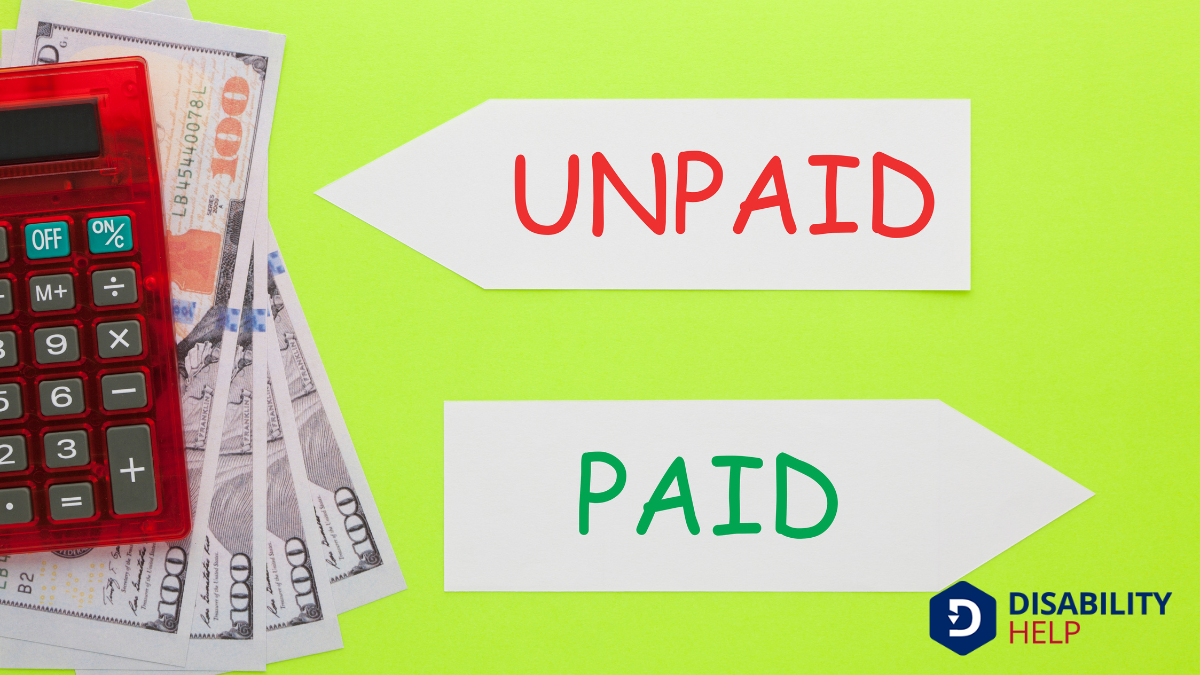Should my employer pay me while I see the doctor? This question might seem straightforward, but the answer depends on several factors. From local labor laws to company policies, and even your specific employment contract, each plays a role. Understanding these can help you navigate your rights and responsibilities. Let's explore how these elements intertwine and what they mean for you when scheduling necessary medical appointments.
Key Takeaways
- Federal law does not require employers to pay for time spent at medical appointments.
- Some states mandate paid time off for medical visits; check local labor laws.
- Employee handbooks outline company-specific policies on medical appointment time off.
- Employment contracts may specify paid time off or sick leave for doctor visits.
- Consult HR or legal experts to understand your rights and employer obligations.
Understanding Employee Rights and Employer Obligations
When it comes to balancing work and personal health, do you know what rights you have as an employee?
I've often wondered if my employer should pay me while I attend medical appointments. It’s important to understand that employee rights can vary based on local laws and company policies.
Generally, employers aren't required by federal law to pay for time spent at the doctor’s office. However, some states have laws that might influence this, and certain companies offer paid time off for medical needs.
It’s essential to review your employment contract and any state-specific regulations to know your rights. If you're uncertain, reaching out to HR or consulting with a legal expert can provide clarity and help you advocate for yourself effectively.
Company Policies on Medical Appointments

Although it might seem straightforward, steering through company policies on medical appointments can be tricky.
I've learned that each company operates differently, and understanding my employer's specific policy is vital. Some companies offer paid time off for medical appointments, while others might require using personal or sick leave.
It’s important to check the employee handbook or speak with HR for clarity. I recommend noting any procedures for requesting time off, such as advance notice or documentation, to avoid misunderstandings.
Local Labor Laws and Their Impact
Understanding local labor laws is vital when maneuvering whether your employer should pay you for medical appointments. I’ve learned that these laws can vary greatly depending on where you live. Some regions mandate paid time off for medical visits, while others leave it to the employer’s discretion.
It’s important to check your local regulations to see what rights you have. I suggest visiting your local labor board’s website or contacting them directly. They can provide detailed information about your entitlements.
The Role of Employment Contracts
Employment contracts play an essential role in determining whether your employer should pay you for medical appointments.
When I review my contract, I look for specific clauses about paid time off, sick leave, or any provisions related to medical visits. These details provide clarity on what I can expect during such times.
If you’re unsure about your contract, it’s vital to read it thoroughly or consult with your HR department. Contracts vary greatly, and some might explicitly state that medical appointments are covered, while others mightn't mention it at all.
Differentiating Between Paid and Unpaid Leave

How do you navigate the complex world of paid and unpaid leave? It can feel overwhelming, but understanding your options is key.
Paid leave means you take time off work while still receiving your salary. This typically covers sick leave, personal days, or vacation time, depending on what’s outlined in your employment contract or company policy.
On the other hand, unpaid leave allows you to take time off without receiving pay. This might apply to situations like medical leave under the Family and Medical Leave Act (FMLA)A U.S. law that provides eligible employees with unpaid, job-protected leave for family and medical ... or personal reasons not covered by paid leave.
To differentiate between the two, review your company's leave policies, employment contract, and any legal entitlements.
The Importance of Communication With Employers
When it comes to handling time off for medical appointments, I've found that clear communication with my employer is key.
It's important to clarify sick leave policies and discuss any flexibility around appointment times to avoid misunderstandings.
Clarifying Sick Leave Policies
For many, understanding sick leave policies can feel like maneuvering a maze. I remember when I first explored my own company's policies, feeling overwhelmed by the jargon and procedures.
The key to unraveling this complexity is clear communication with your employer. Don’t hesitate to ask questions—your HR department is there to help. They can clarify how sick leave works and how it applies to medical appointments.
It’s vital to understand if your time at the doctor's falls under paid sick leave. Knowing your rights and entitlements guarantees you’re not left guessing. It also fosters a trusting relationship with your employer.
Discussing Appointment Flexibility
Although scheduling medical appointments during work hours can be challenging, open communication with your employer can make a significant difference.
I’ve found that discussing appointment flexibility requires honesty and clarity. Start by explaining your needs and any constraints you face. Employers appreciate when we’re upfront about our schedules, and it’s often possible to find solutions that work for both parties.
I suggest proposing alternative work arrangements, like flexible hours or remote work for that day. This shows your willingness to maintain productivity while addressing personal health needs.
Navigating the Americans With Disabilities Act
Understanding the Americans With Disabilities Act (ADA)A U.S. law that prohibits discrimination against individuals with disabilities in all areas of publi... is essential when considering your rights regarding medical appointments during work hours. If you have a disability, the ADA requires employers to provide reasonable accommodationsModifications or adjustments in healthcare settings to support patients with disabilities., which might include allowing you to attend medical appointments without penalty.
It’s important to communicate with your employer about your needs and how they relate to your job duties. If you’re unsure whether your situation qualifies under the ADA, consulting with an HR representative or legal advisor can provide clarity.
Balancing Workplace Productivity With Personal Health

While managing both work responsibilities and personal health can be challenging, it’s essential to find a balance that doesn’t compromise either.
I’ve learned that communication is key. Letting your employer know about necessary medical appointments can help manage expectations and reduce stress.
It's not easy to juggle project deadlines with health needs, but prioritizing tasks and discussing flexible work hours can make a difference.
Perhaps you could propose working from home or adjusting your schedule to accommodate both work and doctor visits.
Remember, it’s important to take care of yourself to maintain productivity. You can’t perform well if you’re not feeling your best.
Striking this balance guarantees both personal well-being and sustained professional contribution.
Potential Consequences for Employers and Employees
When employees need time off for medical appointments, both they and their employers face potential consequences that go beyond just scheduling conflicts.
As an employee, I might worry about how time away could impact my job security or career progression. My productivity might decrease, causing stress about meeting deadlines or maintaining performance standards.
On the employer's side, my absence could lead to operational disruptions or increased workload for my colleagues. This can strain workplace dynamics and morale. Financial implications also arise if the company needs to hire temporary coverage or pay overtime.
Both sides might also experience a shift in trust and commitment. Understanding these potential consequences highlights the importance of clear communication and mutual respect in managing medical leave.
Strategies for Negotiating Medical Leave
Maneuvering the potential consequences of taking time off for medical appointments brings us to strategies for negotiating medical leave effectively.
First, know your rights. Familiarize yourself with your employer’s medical leave policy and any relevant laws, like the Family and Medical Leave Act (FMLA) if applicable.
When discussing leave with your employer, be clear and honest about your needs. Prepare to discuss how your absence will be managed and suggest solutions to minimize disruption.
Timing is essential. Initiate the conversation well in advance, if possible.
Document everything—emails, doctor’s notes, or any related communication.
Finally, maintain a positive and cooperative attitude. Showing your willingness to work together helps create an environment that’s understanding and supportive of your medical needs.
Conclusion
In summary, whether you get paid for a doctor's visit really depends on your specific situation. Explore your company's handbook and have a chat with HR to get the full scoop on your rights and options. Don’t forget to check state laws and your employment contract too. Balancing your health and work is essential, so don’t hesitate to negotiate if needed. Always prioritize your well-being while understanding what’s fair and possible.






